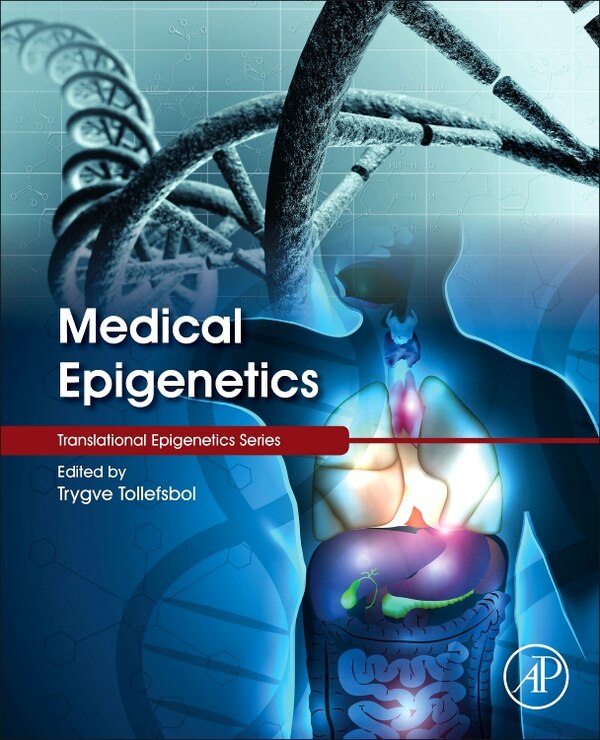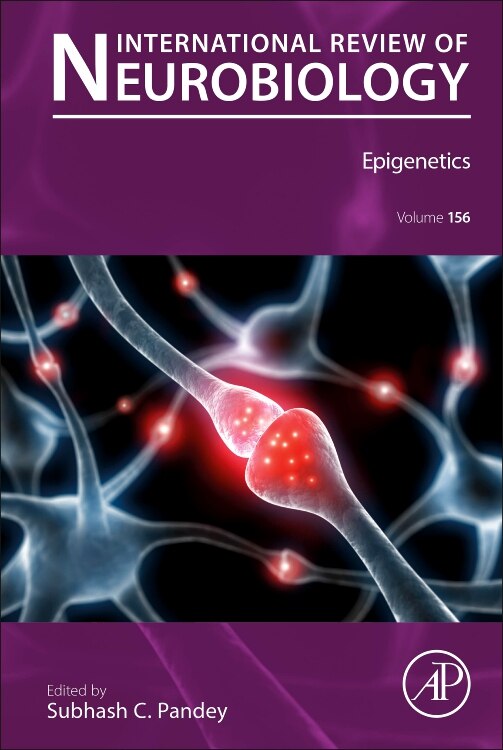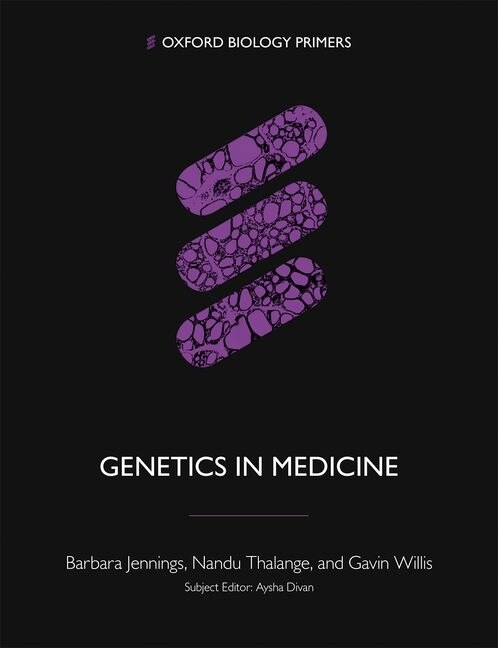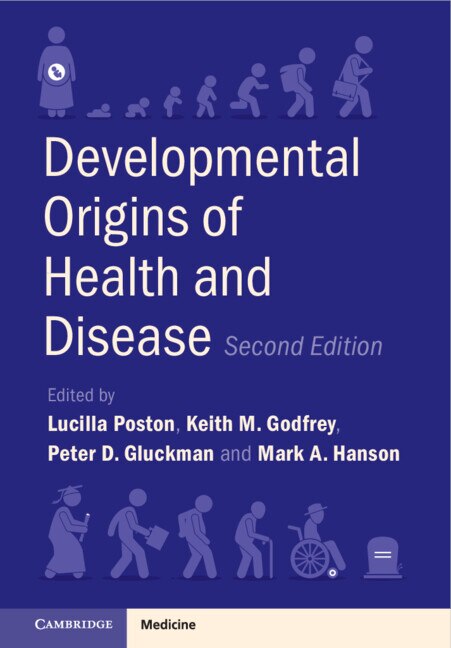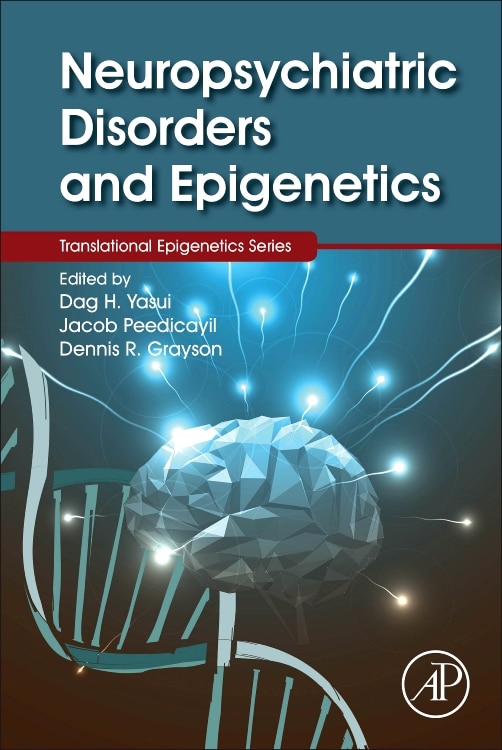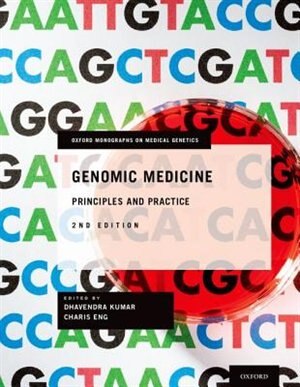Home
Patho-Epigenetics of Disease by Janos Minarovits, Hardcover | Indigo Chapters
Loading Inventory...
Coles
Patho-Epigenetics of Disease by Janos Minarovits, Hardcover | Indigo Chapters
From Janos Minarovits
Current price: $248.50


Coles
Patho-Epigenetics of Disease by Janos Minarovits, Hardcover | Indigo Chapters
From Janos Minarovits
Current price: $248.50
Loading Inventory...
Size: 1 x 9.25 x 1.94
*Product information may vary - to confirm product availability, pricing, shipping and return information please contact Coles
In multicellular organisms the establishment, maintenance, and programmed alterations of cell-type specific gene expression patterns are regulated by epigenetic mechanisms. Thus, epigenetic alterations (DNA methylation, DNA associated Polycomb-Trithorax protein complexes, histone modifications) ensure the unique transcriptional activity and phenotypic diversity of diploid cells that carry identical or nearly identical DNA sequences. Because DNA methyltransferase I (DNMT1) associates with replication foci during S phase and prefers hemimethylated DNA as a substrate, DNMT1 ensures the clonal propagation of cytosine methylation patterns (maintenance methylation). Thus, DNA methylation may provide a memory function by helping progeny cells to "remember" their proper cellular identity. An alternative system ofepigenetic memory , the Polycomb and Trithorax groups of protein complexes, that may operate both independently from and in concert with DNA methylation, ensures the heritable regulation of gene expressionviamodification of histone tails. The complex interplay of epigenetic regulatory mechanisms permits both the dynamic modulation of gene expression and the faithful transmission of gene expression patterns to each progeny cell upon division. These carefully orchestrated processes can go wrong, however, resulting in epigenetic reprogramming of the cells that may manifest in pathological changes, as it was first realized during the studies ofepigenetic alterations inmalignant tumors . By now it became a well established fact that not only genetic changes, but also the disruption of epigenetic regulation can result in carcinogenesis and tumor progression. Scientists working in other fields soon followed the pioneering work of cancer researchers, and revealed thatepigenetic dysregulation forms the basis ofa wide spectrum of human diseases . | Patho-Epigenetics of Disease by Janos Minarovits, Hardcover | Indigo Chapters





